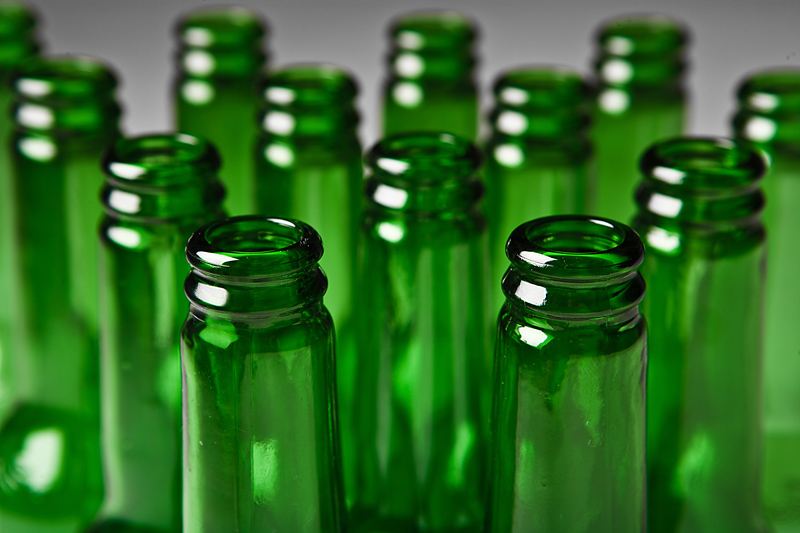
FRIDAY, March 5 (HealthDay News) — Some types of anti-drinking ads can backfire, suggests a U.S. study.
Researchers interviewed more than 1,200 undergraduate students after they were shown ads that used guilt or shame to warn against alcohol abuse.
Such ads might actually trigger an instinctive coping mechanism that enables people who see them to distance themselves from the harmful and potentially deadly consequences of reckless drinking, the researchers found. In other words, people believe that such consequences happen only to other people and, as a result, they might drink even more alcohol.
“Advertisements are capable of bringing forth feelings so unpleasant that we’re compelled to eliminate them by whatever means possible,” Adam Duhachek, a marketing professor at the Indiana University Kelley School of Business and a co-author of the study, said in a university news release. “This motivation is sufficiently strong to convince us we’re immune to certain risks.”
The unintended negative impact of ads that use guilt and shame to try to change behavior can also occur in other health-related campaigns, such as trying to get people to quit smoking or protect themselves against sexually transmitted diseases, he added.
“The public health and marketing communities expend considerable effort and capital on these campaigns but have long suspected they were less effective than hoped,” Duhachek noted. “But the situation is worse than wasted money or effort. These ads ultimately may do more harm than good because they have the potential to spur more of the behavior they’re trying to prevent.”
He suggested that public health ads that point out serious consequences of a behavior should also include messages of empowerment, such as providing strategies for people to control their drinking.
“If you’re going to communicate a frightening scenario, temper it with the idea that it’s avoidable,” Duhachek said. “It’s best to use the carrot along with the stick.”
The study will be published in the April issue of the Journal of Marketing Research.
More information
The U.S. Centers for Disease Control and Prevention has more about alcohol and health.

